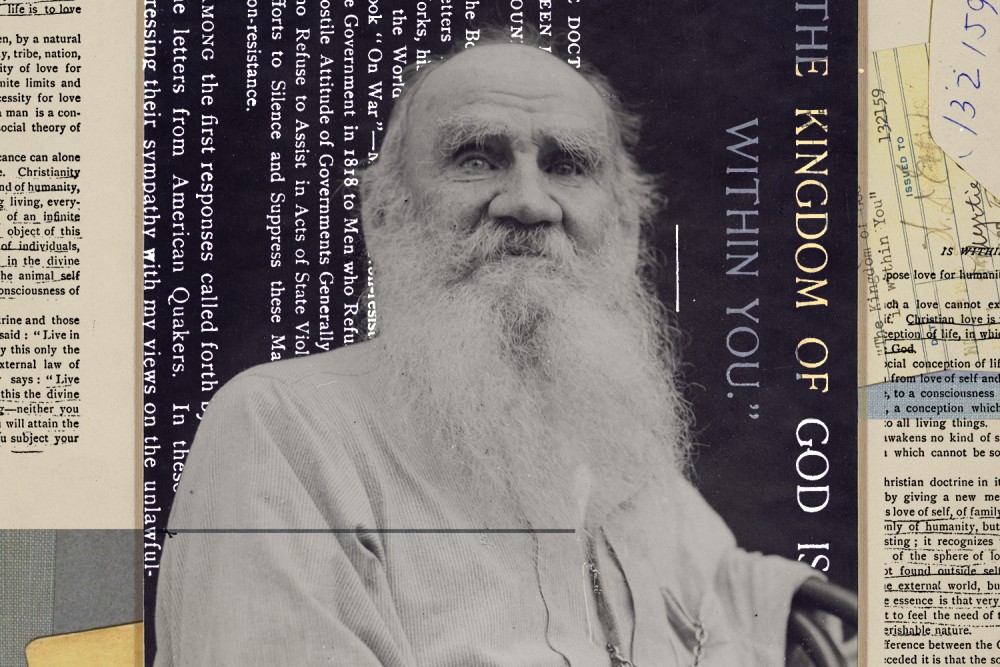After every election, I turn to Tolstoy
His challenges to the left and right alike are devastating and timely.

Leo Tolstoy (Vladimir Chertkov / Creative Commons)
Occasionally one of my children will ask me, “Am I your favorite child?” This both elicits a laugh I don’t think they were going for (and can’t be good for their confidence; I should work on that) and musters up this strange competition between them, a jockeying for my approval. This is not unique behavior within the animal kingdom, nor is it exclusive to youth. As a sibling I know it well. There’s something about being affiliated, being deemed good by someone else, and being on the right side of favor that stirs up something within us that seems to be in perpetual need of stirring. We choose teams. We pick sides.
And when I explain to my two children that neither one of them is my favorite, there is a look that they never need to put into words, because I am a pastor and I know that look. The look is disappointment. The last time I saw it in my congregation was before the election. I was insisting that we were going to hold our peace, do the work of love, and be the church no matter who won. People seemed disappointed—some said they were, actually—because I didn’t “come out” for someone.
The legal realities of nonprofit organizations aside, you wouldn’t need to listen to me talk for five minutes to know my politics, my hope for the world, and who I most definitely voted for. You would also learn that the most influential book on my political theology is Leo Tolstoy’s The Kingdom of God Is Within You, which once read cannot be unread. I return to it after every election season. Its reminders to the left and right are devastating and timely.





